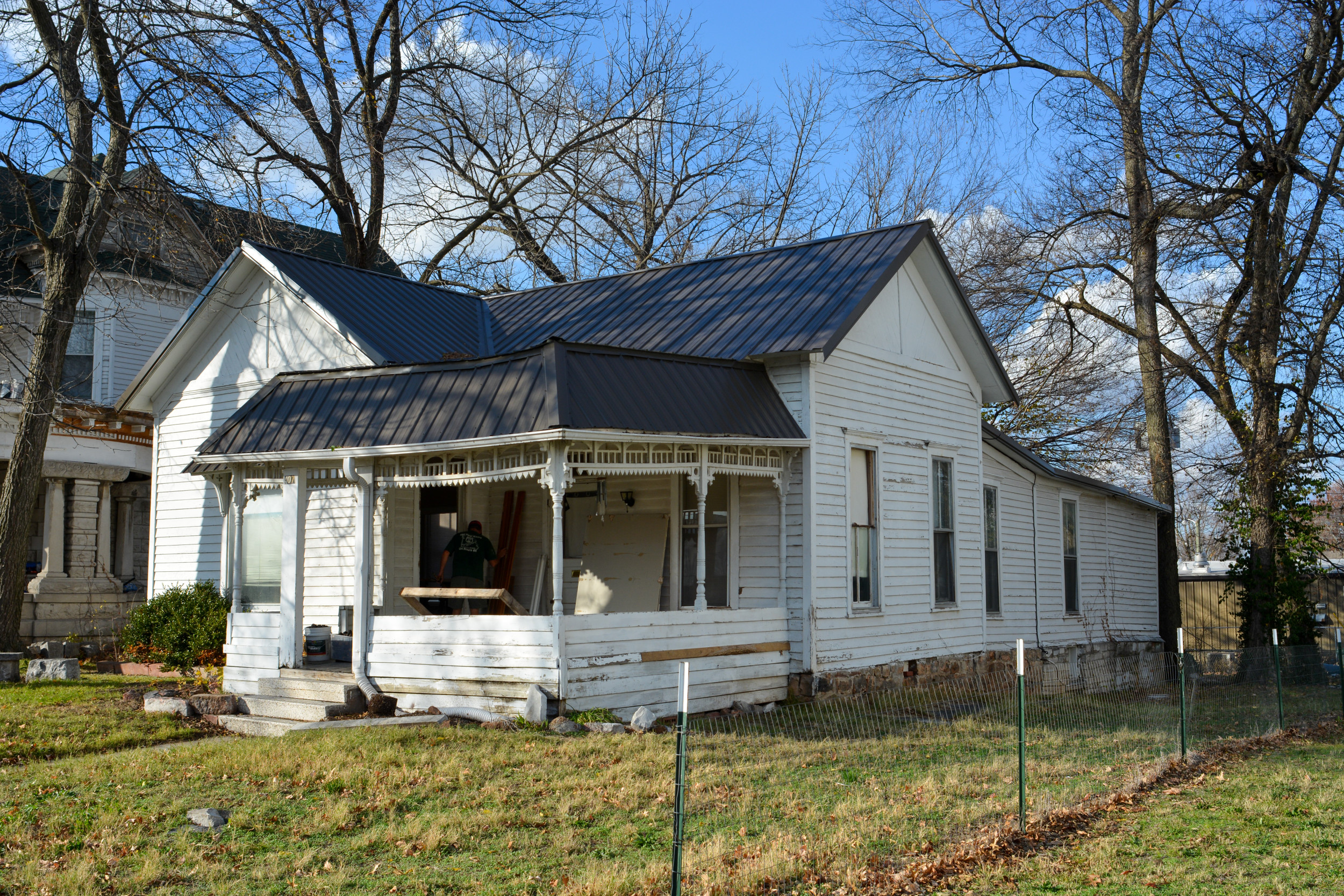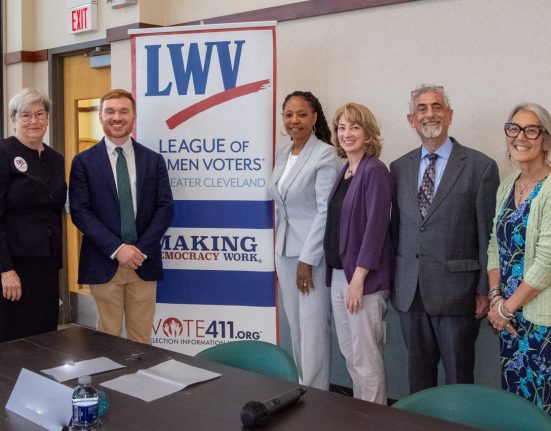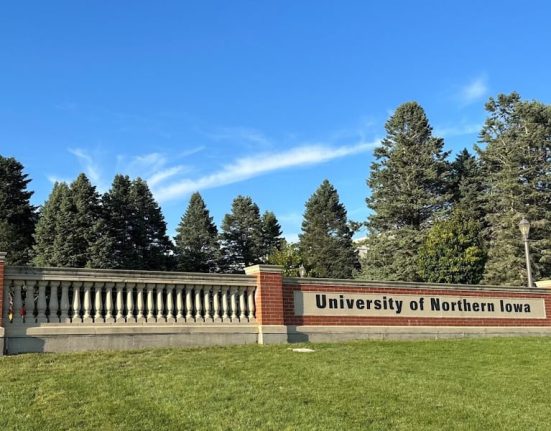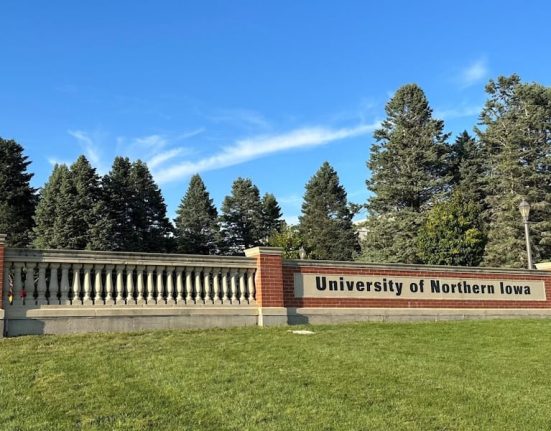A special session bill signed into law by Missouri Gov. Mike Kehoe promises to offer homeowners in the state property tax relief by either freezing or putting a small cap on the bills—but critics say that the measure is unconstitutional.
If backed by voters, the provision limiting how much property tax rates can increase each year would only help Missouri homeowners living in some counties—not all.
What To Know About The Bill
The measure is part of SB 3, a special session bill also known as the “stadium bill” which was passed to secure necessary funding for professional sports stadiums in Kansas City. Despite widespread criticism from both Democrats and Republicans saying that the bill will bring up cost for everyday Missourians while favoring wealthy sports team owners, it was passed on a 90-58 vote earlier this month.
The bill includes a provision calling for the introduction of a property tax cap in 97 of Missouri’s 114 counties. In 75 counties, including Dalals and Polk, property tax bills would not increase by more than five percent or the Consumer Price Index each year, whatever is greater.
In 22 counties known as zero-percent counties including the Ozarks, Christian and Lawrence, no increase at all would be allowed. Counties falling under either categories would need to get approval from voters with a ballot question no later than April 2026.
Some of the largest counties in the state, like Greene County, are not included in the list of those which would be affected by the provision.
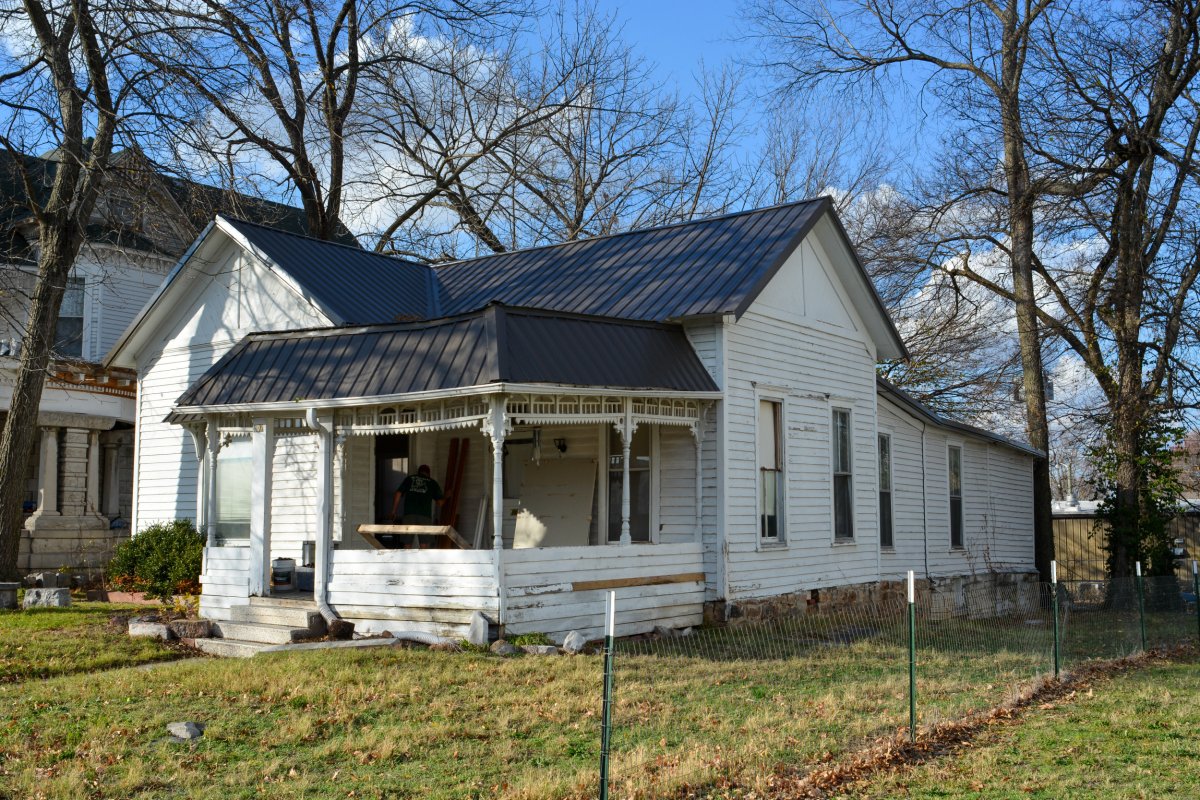
Getty Images
In Missouri, the average effective property tax rate is 0.91 percent, according to SmartAsset. That’s practically the same as the national average of 0.90 percent. The typical Missouri homeowner, however, pays significantly less than the national median, at $1,812 a year compared to $3,057.
Property taxes have increased all across the country over the past five years, moving upward in step with skyrocketing home values. For many homeowners, especially seniors on a fixed income, higher property tax bills have added a financial burden on their shoulders.
There is currently a nationwide movement across the U.S., spearheaded by GOP-led states, to drastically lower and even eliminate property taxes.
“The Missouri case is somewhat different because it is advanced as part of a stadium bill. Nonetheless, it can be noted as part of the growing number of states looking to limit or even eliminate property taxes,” Assaf Harpaz, an assistant professor at the University of Georgia School of Law, told Newsweek.
Texas Gov. Greg Abbott recently signed a new package of property tax cuts which promises to offer relief to millions of homeowners in the Lone Star State soon, while Florida Gov. Ron DeSantis said he would back an initiative to abolish property taxes in the Sunshine State.
‘No Principled Basis’ For The Bill
For critics of the bill, the provision offering property tax relief only to some homeowners is in breach of the Missouri Constitution, which requires property taxes to be “uniform upon the same class or subclass of subjects.”
Constitutional lawyer Dave Roland told Newsweek that Missourians adopted a provision in their state constitution after the Civil War prohibiting the legislature from passing so-called local laws—laws that apply differently in one (or more) parts of the state than they do in others.
“The central idea was that if a policy is a good idea, it should apply everywhere. If there isn’t sufficient support in the legislature to apply a policy to everyone, it’s probably a bad idea,” Roland said.
According to Roland, the measure on property tax relief contained in SB 3 violates this crucial provision.
“Rather than simply saying, all counties with a population under a specified amount belong to one category and all counties with a population over that specified amount belong to the other, the legislative leadership engaged in ‘horse trading,’ basically allowing legislators to decide which category they wanted their county to be in,” he said.
“The result is that the bill singles out 97 of Missouri’s 115 counties [114 + the independent city of St. Louis] to identify into which category each will be grouped—and there’s no real rhyme or reason as to why, other than the legislator’s individual preferences, a county will fall into its respective group. It’s entirely arbitrary.”
Under the current provision, some counties with as many as 500,000 residents or as few as 7,000 residents are classified as “zero-percent counties,” while the category of “five-percent counties” includes those with fewer than 2,000 residents, but also some with as many as 150,000 residents.
According to Roland, the provision presents “precisely the sort of arbitrary classification that the people of Missouri wanted to avoid when they adopted the restriction on ‘local laws,'” he said.
“Even if the legislature might be constitutionally justified in claiming that counties below, say, 70,000 residents (just to pull a number out of thin air) need greater flexibility in tax rates, while larger counties do not, that’s not remotely what the legislature did,” he added.
“There is no principled basis for how this bill distinguishes between five-percent counties and zero-percent counties, which should mean that the bill violates the ‘local law’ prohibition in the Missouri Constitution.”
Shifting Costs For Public Services On Taxpayers
The potential unconstitutionality of the bill is not the only issue critics have with it.
Missouri state Rep. Kathy Steinhoff of Columbia said she fears taxpayers will end up paying more in other taxes to make up for the loss in revenues.
“When we are underfunding one community, what happens in the state of Missouri is we use other taxpayers money in order to hold that up,” she said, as quoted by KY 3.
The issue of funding public services, which often rely on the property taxes levied by local governments and school districts, is a recurring issue when it comes to attempts to cut or abolish property taxes.
“Property taxes are used to fund essential local government services, including schools, police, infrastructure, and libraries,” Harpaz said. “While reducing property tax liability for some taxpayers, property tax ‘caps’ or ‘freezes’ can also result in decreased funding for these services.”
On top of that, because the Missouri bill would not apply uniformly to all counties, “some taxpayers will be affected more than others, both in terms of property tax liability and with respect to services provided in the relevant counties,” Harpaz said.
The Way Ahead
It is unclear whether the Missouri courts would vote against the controversial provision. “Missouri courts have been exceptionally hesitant to rule that acts of the legislature violate this provision,” Roland said.
“They have recently held that as long as the courts can discern any ‘rational’ basis for a distinction crated by a statute, they will not invalidate the statute. Given the courts’ recent decisions regarding ‘local laws,’ it is very difficult to predict whether they will rule against this particular bill.”
Should the provision not be challenged in court—or withstand any potential challenges—, it is possible that counties that are currently excluded by the bill could lobby to be included in the future.

